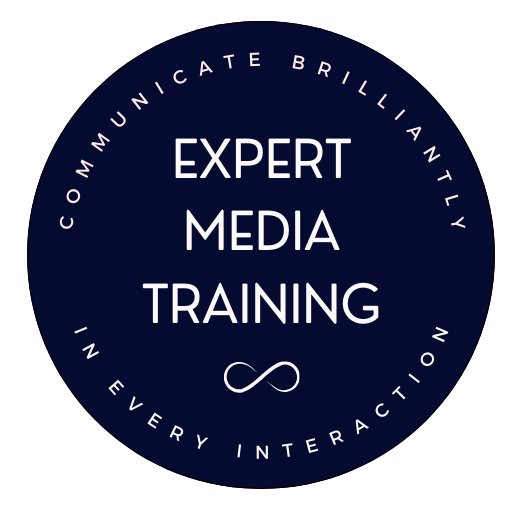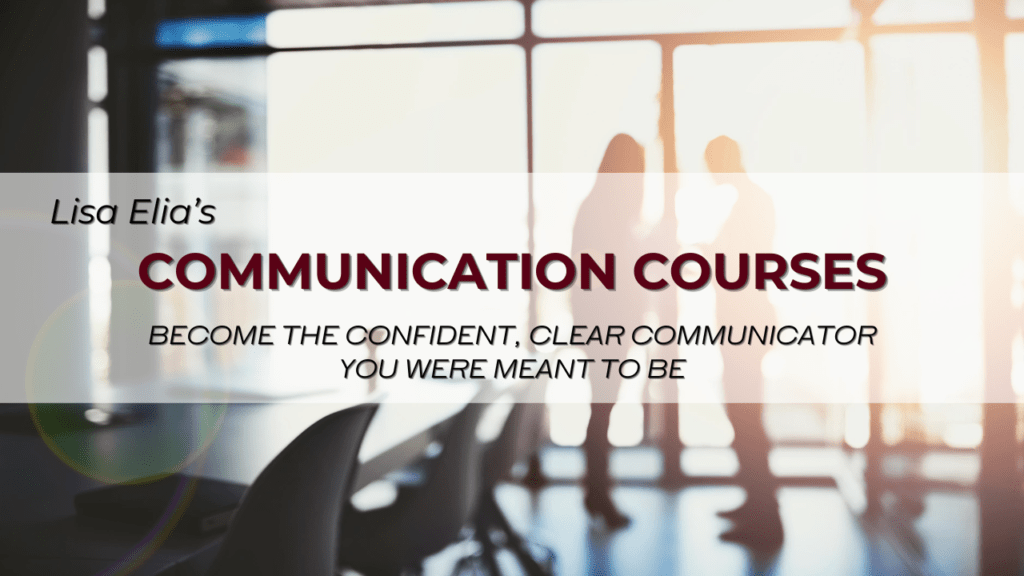
Six Essentials to Make Your Business Appealing to Media and Customers
When you are busy running your business, it can be challenging to take a step back and assess it as a total stranger would do. People often develop their marketing and publicity initiatives from the position of what they want to communicate or accomplish. This is only half of the equation if you want to be successful.
As a media trainer, presentation trainer and pitch coach, my work with every client begins with gaining an understanding of who they are, what they represent, what they want to communicate and where they want to go. Then, we look at what people (such as customers, investors, employees and media) will want from them, which enables me to help them shape their messages and refine their delivery.
Six Essentials to Make Your Business Appealing to Media and Customers
1. Novelty: Be Fresh and Original
People are generally more protective of their dollars and hours than they had been years ago: what captures attention are products, services and ideas that are inspired, not knock-offs or very slightly modified versions of someone else’s creation. Develop products, services and messages that feel like they’re bubbling out of you. The world is waiting for your inspired inventions and ideas.
2. Invigoration: Bonus if You make it Fun
As a society, we have daily many reminders of how serious life can be, so we gravitate toward people who seem to truly enjoy giving us the products or services we want or need. We like to watch people who seem to light up when they talk about their creations or ideas, and we often like them even more when they provide us with an experience that’s invigorating or fun. Feeling motivated, challenged, awakened and enlightened can be fun for a lot of people. How can you create a fun or invigorating experience for the people whose lives your business touches?
3. Direction: Provide Road Maps
People don’t want to feel that they’re falling short or not doing enough, or that they’re being challenged to arrive at a destination without knowing how to get there. They want you to help them get from where they are to where they want to go: they want road maps. This is true of the solutions you provide as well as the messages you delivery.
4. Inclusion: Something for Everyone
Although you have a primary target audience and you’re not trying to be all things to all people, you can provide something for everyone who wants what you have to offer. Even people who can’t afford your products or services can take a piece of your brand with them in the form of a free sample, a captivating photo or inspiring words that you might use in a tagline. Think of how Nike’s “Just Do It” has motivated people and encouraged people to move forward with challenging projects or business launches that have nothing to do with athletic shoes. What can you give to everyone who comes into contact with you or your business?
5. Authenticity: No Wizard behind the Curtain
While you can outsource some things, if you outsource your blogging and social media posting, or you hire someone to write your website text, make sure the message truly reflects your thoughts and your tone. What you don’t want to have happen is for someone to pull back the curtain to reveal the fraudulent little old man at the controls, like Toto did in “The Wizard of Oz”. People want to know who you really are, especially if they’re going to do business with you or refer others to you. The more authentic you are in all your communications, the more people will want to spend their valuable time with you or reading your e-mails, social media posts or watching your videos.
6. Integrity: Stand behind Everything
While you may have heard this over and over again for years, integrity is imperative. Build your business on a solid foundation and stand behind not only your products and services, but also your staff. Do everything you can to live up to your mission statement, customer service guarantees and other messages you disseminate. It will pay off in more good word-of-mouth mentions than you could pay for.
To download our free Media Interview Guide and other tools, click here.
To check out our online courses, click here.
For a complimentary consultation to discuss private training for yourself or your team, click here.

This post was written by Lisa Elia, a media trainer, presentation trainer, pitch coach, communication expert, and speaker. She trains clients around the world for media interviews, speeches, internal and external presentations, panels, investor presentations, and promotional videos, and provides executive and team communication coaching.
With more than 25 years of experience, Lisa has prepared clients for interviews with TODAY, GMA, The Wall Street Journal, CNN, ESPN, and hundreds of other outlets. Lisa has shared her expertise with national media outlets that include Inc., Entertainment Tonight, E!, and many others. Clients include entrepreneurs, Fortune 500 companies, and everything in between as well as athletes, celebrities, and other public figures.









 When members of the media book an interview with an entertainer, they expect someone to walk in the door prepared and ready to be entertaining. Many interviewers will assume that all actors and music artists love to be on camera or in the limelight, but what some do not realize is that many performers simply want to do what they love.
When members of the media book an interview with an entertainer, they expect someone to walk in the door prepared and ready to be entertaining. Many interviewers will assume that all actors and music artists love to be on camera or in the limelight, but what some do not realize is that many performers simply want to do what they love.
